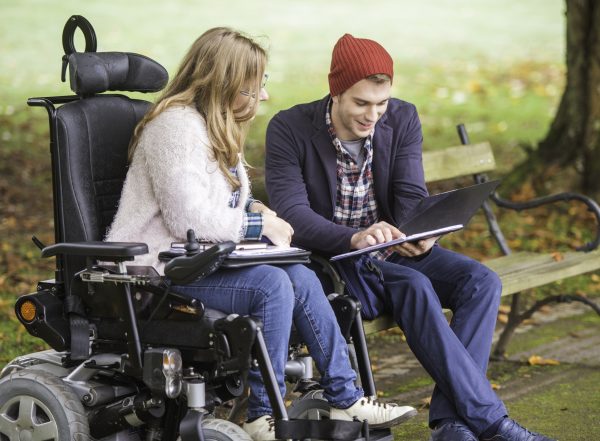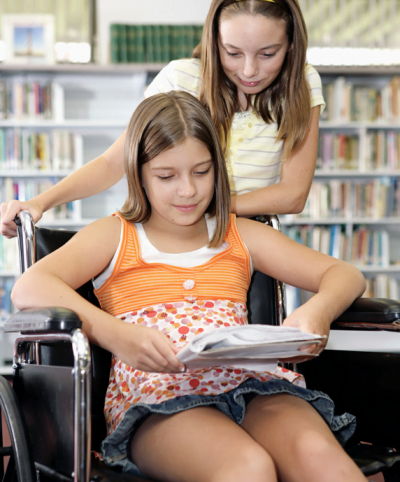Exploring values about sexuality – challenging assumptions
Before discussing sexuality with children and youth, it’s important to reflect on your own values, beliefs, and assumptions.
We all have personal values, a collection of beliefs and principles that guide decision-making and choices. To provide youth and their families with the best possible care, it’s helpful to be aware of how personal values influence our work.

Values activity
Whether you are a parent or a service provider this exercise will help you to become more aware of your sexuality values and beliefs and how they may influence your communication about sexuality and relationships.
Value statements
Instructions: After thinking about the value statement, click on it for a brief explanation.
Challenging Assumptions – Myths
People with disabilities are not always given the opportunity to learn about sexual health because of some myths and misunderstandings. Below are some common myths.
MYTH: Youth living with disabilities are childlike and sheltered.
Many youth with disabilities will go on to have fully consenting sexual relationships and some studies found that they were more sexually active than their non-disabled peers.3
MYTH: Sex is private.
There is a contradiction for people living with a disability and need help with personal care. On the one hand personal care involves allowing parents and caregivers to help with intimate care. On the other hand, youth are told that their sexuality is private (e.g., don’t talk about sex, don’t ask questions). Teach about private body parts, behaviours and places and help children understand that intimate care is part of hygiene, not sexual activity. Help them understand boundaries and when to ask for help or report a problem.
MYTH: People with disabilities can’t have real sex.
Definitions of sex are personal and include far more than the physical. Sex includes thoughts, feelings, attraction, sharing, being liked by others and how to give and receive affection.4
MYTH: People with disabilities don’t need sexuality education.
Sexuality may not be a priority for families who feel frustrated that they must focus on their child’s major health problem or issue.2 However, children and youth who do not receive sexuality education that is inclusive to their needs, are at risk for abuse, sexual exploitation, sexually transmitted infections (STIs), HIV, social isolation, and lower quality of life.5
Considerations
Healthy sexuality includes physical, social and emotional development. Some youth with disabilities experience challenges in their social and emotional development compared to typically developing youth.

Challenges may include:
- Their social opportunities may be limited to a few social settings such as special needs class in school; this isolation may result in parents believing their children do not require sexuality education.3 This may make it harder to develop friendships and relationships.
- “Life learning” may be limited due to a disability (e.g., a child with hearing impairment does not catch conversations or listen to music and TV that reflect popular culture). A youth with disability may not be able to get information due to a learning disability or visit a sexual health clinic confidentially because they need an adult to help them get there.
- They may be given a hard time over social mistakes – they may feel that they are living under a microscope (in comparison to a typically developing youth who makes a social mistake and can usually laugh off the situation).
- They may make inappropriate comments about sexual language and topics, repeating what they heard without understanding. This can lead to social isolation and even bullying.
What do youth want to know?
Focus on resiliency NOT risk! Youth with disabilities may be at more risk of abuse and assault, but they want to learn how to be safe and have healthy, fun relationships.

A study done in Ontario, Canada with youth with physical disabilities3 found that youth want to:
- Talk about everything their mainstream peers do! Having a disability does not mean that they don’t want to know everything every other youth are interested in.
- Be given the opportunity to talk about sexuality including sexuality and disability in mainstream classes/programs.
- See more reference to people with disabilities in their sexuality education classes.
- Talk more about sex positive topics including intimacy, arousal and masturbation rather than just hygiene and disease.

